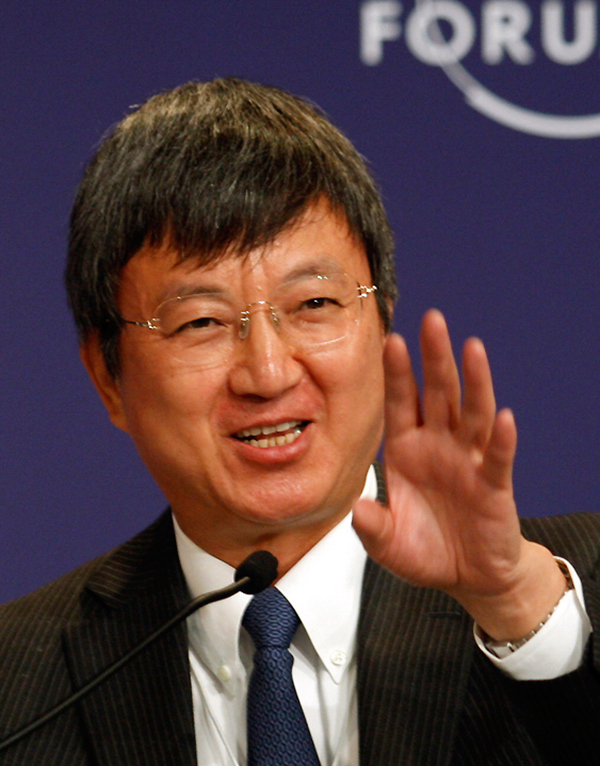China's Zhu to leave IMF post in July
By Chen Weihua (China Daily) Updated: 2016-06-23 07:32
 |
|
Zhu Min, deputy managing director of the International Monetary Fund |
Zhu was the first Chinese national serving in the post of deputy managing director. He was appointed to a five-year term in July 2011. Before that, he served as special adviser to the IMF managing director from 2010 to 2011.
"(Zhu) Min has performed a key role in the fund's management team, providing immense support to me and our management colleagues," Lagarde said in an IMF news release.
"His down-to-earth style, wonderful sense of humor, and warm personality served to reinforce his formidable intellect and passion for economics, and enabled him to provide strong leadership across a large range of issues."
While the IMF said the process is underway to identify a candidate to succeed Zhu, Caixin magazine reported in late May that China plans to nominate 52-year-old Zhang Tao, a central bank veteran with deep experience at multilateral development banks, to succeed Zhu at the IMF.
The Caixin story came just days after Zhang was appointed deputy governor of China's central bank.
Traditionally, Europeans serve as IMF managing director while Americans serve as first deputy managing director.
In December, China succeeded in having its currency, the renminbi, included in the IMF Special Drawing Rights basket, which also includes the US dollar, the euro, the Japanese yen and the British pound.
In the same month, the US Congress finally approved the 2010 IMF voting share and governance reform. It means that China, now the world's second-largest economy, jumped from sixth to third place in voting share, trailing only the US and Japan.
In the IMF news release, Zhu was also credited with spearheading the IMF's work on jobs and growth in the wake of the global financial crisis when employment issues moved into focus due to the lackluster recovery.
He oversaw the IMF's activities concerning fragile states, small states and low-income countries, and supported the expansion of its outreach and publications in this area.
Zhu has provided leadership in the IMF's work on statistics, standards and codes, as well as strengthening its Financial Sector Assessment Program and efforts to combat money laundering and the financing of terrorism. He made important contributions to the IMF's risk management framework and helped reshape the IMF's annual meetings, held jointly with the World Bank, according to the IMF news release.
- Brookfield and China Three Gorges said to bid for Duke plants
- Supercell purchase to aid Tencent's globalization
- Chances high for more patent cases involving Apple
- Chinese car renters need detailed guidance abroad
- China to become largest market of high-net-worth individuals
- PowerChina sees future in Morocco
- China's Zhu to leave IMF post in July
- Apple's loss signals rise of IP-minded China firms


















